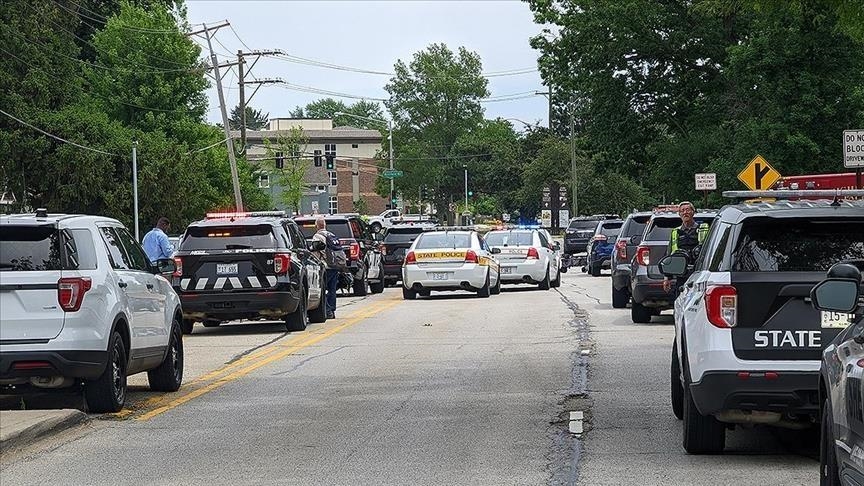U.S. Forces Under Fresh Attack In Fallujah
The man, identified as Feras Fawzi al-Saab, 30, was standing at the gate of his house when he was shot dead, the AFP reporter explained, adding that the man was decapitated by the shots.
U.S. soldiers guarded the corpse, refusing to allow residents to remove it.
The conservative Sunni Muslim country became emblematic of the complex problems facing the occupation forces, as American patrols regularly came under attacks since more than 15 protestors were shot dead by American gunfire in April.
On Thursday, June 5, when an attacker fired a rocket-propelled grenade at an American military convoy, killing one U.S. soldier and wounding five.
Local inhabits have been also furious over house-to-house searches and other U.S. military provocations which reinforced calls for an end to occupation.
‘Shaky’ Evidence
In the meantime, Blix reiterated that the United States jumped to conclusions on the basis of "shaky" evidence on Iraq’s alleged weapons of mass destruction.
"I don’t exclude that the U.S. inspectors … may find something. It is possible," Blix told the Council for Foreign Relations in New York.
"But it is somewhat puzzling, I think, that you can have 100 percent certainty about the weapons of mass destruction and zero certainty about where they are," he said.
The U.S. and British forces launched their invasion of Iraq on the grounds that the Arab country had weapons of mass destruction.
More than two months after the occupation forces rolled into Baghdad and ousted Saddam’s regime, no such banned weapons have been found so far, raising suspicions that the invasion was launched on false pretexts.
A former Swedish foreign minister, Blix will stand down at the end of the month after more than three years as chairman of the U.N. Monitoring, Verification and Inspection Commission (UNMOVIC).
In the months leading up to the invasion of Iraq on March 20, Blix frustrated Pentagon officials with his cautious inspection reports to the U.N. Security Council.
He repeatedly noted that no evidence had been found to prove that Iraq retained or had resumed production of chemical, biological or nuclear weapons — a theme he stuck.
Blix stressed that the evidence for the existence of such weapons was "never more than shaky" — including the potentially self-serving testimony of defectors and the ambiguous results of inspections of suspected mobile laboratories.
He particularly questioned how countries like the United States and Britain appeared to reach iron-clad conclusions from the intelligence on offer.
"Again there was this strong affirmation … a jumping at conclusions. While we were much more prudent."
Arguing that UNMOVIC was not given sufficient time to complete its inspections before the invasion, Blix suggested there was some irony in the fact that the United States was now calling for patience while it completes its own search for the suspected weapons.
Addressing the U.N. Security Council earlier in June, Blix said he felt "disappointed" at the way the U.S. and Britain wanted to start the invasion without letting the U.N. Monitoring and Verification Commission finish its work.
Blix had earlier said that his teams followed up U.S. and British leads at suspected sites across Iraq, but found nothing when they got there.
“Only in three of those cases did we find anything at all, and in none of these cases were there any weapons of mass destruction, and that shook me a bit, I must say,” he said in an earlier press interview.


